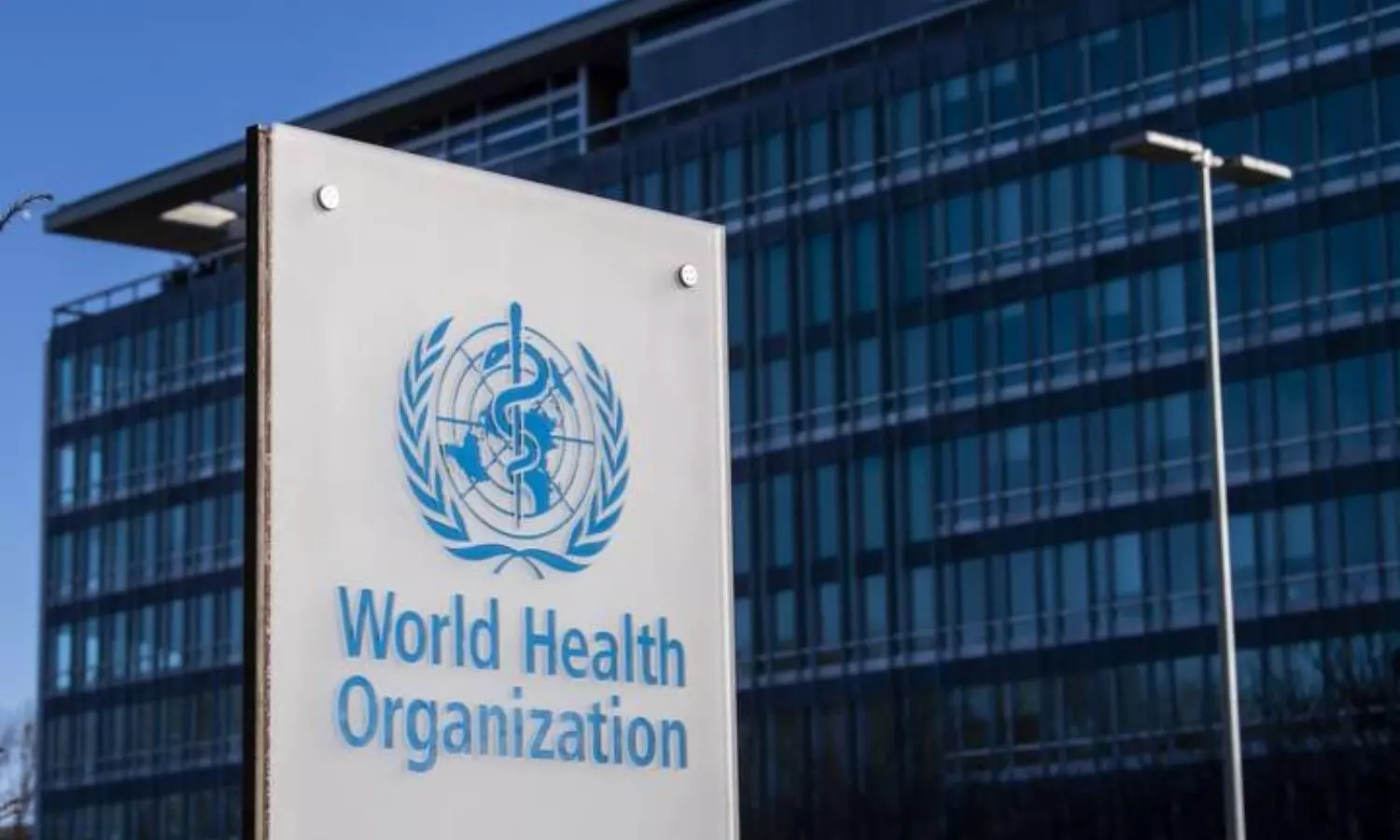WHO grapples with drastic funding cuts for 2026 health emergencies
- byDoctor News Daily Team
- 24 October, 2025
- 0 Comments
- 0 Mins

Geneva: TheWorld Health Organizationsaid Wednesday it was grappling with drastic funding cuts for humanitarian emergencies this year - and the outlook for 2026 was ''really dire''. Under President Donald Trump, the United States -- traditionally the world's top donor -- has heavily slashed foreign aid, causing havoc across the globe, while other major international aid donors have been tightening their belts. Also Read:WHO Warns of Rising Antibiotic Resistance, Highlights India’s Growing Vulnerability Teresa Zakaria, the WHO's humanitarian and disaster action chief, said the UN health agency had received 40 percent less funding for aid emergencies worldwide this year compared to 2024. "It is huge," she told reporters. TheWHOhad identified more than 300 million people in need of humanitarian assistance and "had to make a very hard choice of actually choosing who to prioritise and who not to". The organisation is now targeting those most in need, in the toughest places, "with the worst living conditions". As of September, more than 5,600 health facilities in humanitarian settings had to cut services, while more than 2,000 have suspended operations. "This has directly reduced access to health services for 53 million people across multiple countries," she said. - Situation 'only getting worse' - "The outlook for 2026 is really dire," Zakaria said. Some scientific publications are predicting the cuts will result in millions of otherwise avoidable deaths. Zakaria said that in countries like the Democratic Republic of Congo, Sudan and Haiti, "we're seeing this already: the rise in the rate of maternal mortality, the rate of malnutrition -- and the situation is only getting worse." WHO chief Tedros Adhanom Ghebreyesus said that even more concerning than the cuts suffered by his agency was the dramatic rollback in support to dozens of low-income nations. "There is a decline in the donations that come to countries, and that's what's worrying us, especially in countries where there is no capacity," he told Thursday's press conference. Tedros saw some positives in the way countries were adapting to the situation. "One good news is many countries are waking up now and they're saying we need a mindset shift now," mobilising domestic resources to finance their health systems, "including health emergencies". Donor support from other countries could then be used "to build capacity". Also Read:WHO Issues New Guidelines on Undernutrition and Tuberculosis
Disclaimer: This website is designed for healthcare professionals and serves solely for informational purposes.
The content provided should not be interpreted as medical advice, diagnosis, treatment recommendations, prescriptions, or endorsements of specific medical practices. It is not a replacement for professional medical consultation or the expertise of a licensed healthcare provider.
Given the ever-evolving nature of medical science, we strive to keep our information accurate and up to date. However, we do not guarantee the completeness or accuracy of the content.
If you come across any inconsistencies, please reach out to us at
admin@doctornewsdaily.com.
We do not support or endorse medical opinions, treatments, or recommendations that contradict the advice of qualified healthcare professionals.
By using this website, you agree to our
Terms of Use,
Privacy Policy, and
Advertisement Policy.
For further details, please review our
Full Disclaimer.
Recent News
DME Haryana round 3 NEET counselling dates revised
- 27 October, 2025
Hospital lapse: GB Pant website continues to name...
- 27 October, 2025
NEET counselling: MP DME releases final vacancies...
- 27 October, 2025
Novo Nordisk gets MHRA nod for Concizumab to preve...
- 27 October, 2025
Daily Newsletter
Get all the top stories from Blogs to keep track.


0 Comments
Post a comment
No comments yet. Be the first to comment!